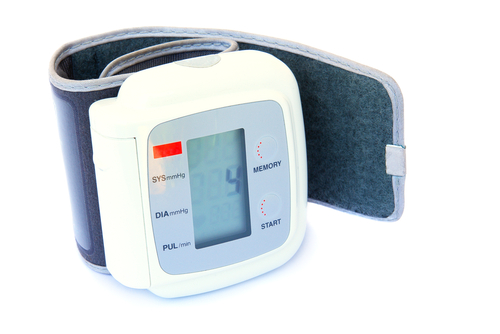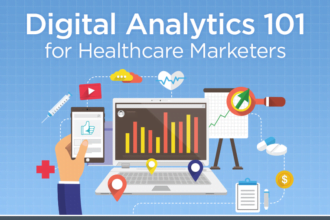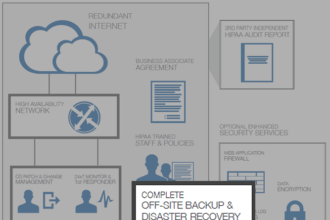This post has been submitted to the #HIMSS13 Blog Carnival under the category of Mobile Health.
This post has been submitted to the #HIMSS13 Blog Carnival under the category of Mobile Health.
I am intrigued by the challenge of motivating individuals to take care of themselves. Healthy or not, it would clearly be more beneficial for everyone if each person could take more responsibility for his or her own health. Some people do this quite easily (witness the QS movement and all it entails). And other individuals are way off the charts in the other direction.
What does it take to motivate for healthy behavior? Even in today’s world of digital health and mobile apps, there are still magazine ads for fitness centers and nutrition aids showing svelte, healthy people with big smiles. This is supposed to entice consumers to purchase these products. Does it work? Maybe. 
There are now a host of mHealth products out there that self-track, self-monitor, prod, poke, remind, reward, and [supposedly] motivate the consumer to adopt a healthier lifestyle. Do they work? Maybe.
FitBit and BodyMedia Fit track everything from calorie intake to steps taken, sleep patterns and periods of exercise then sort and analyse the data to give you organized charts on your mobile. There are glucometers that monitor your glucose and send information to your mobile and even a mobile heart monitor that takes an EKG in minutes, stores it and sends it via your mobile to your provider. Pedometers abound and there are mobile scales, blood pressure monitors, heart rate monitors, mood apps that track your moods etc, etc, etc. Does anyone use these devices? Sure.
This brings me to the excellent and much reviewed Pew Research Study about self-tracking and healthcare. There have been many, many posts written on this subject, so I will not attempt to analyze, evaluate or otherwise review this study. Suffice to say that it comments on healthcare self-tracking and finds that about 69% of adults track a health indicator. This sounds great, but wait for the fine print. Half the people are tracking “in their head” and one third are tracking on paper.This leaves 21% that are tracking digitally. These are the same proportions as in 2010.
David Williams wrote an excellent post in which he injects a dose of reality into the eHealth world:
“I don’t think the current generation of health apps is going to take us very far. It’s tedious to enter data and many people would rather just forget about their illness then spend a lot of time gathering, entering and analyzing it. And even if the information is tracked it doesn’t mean it will be used.”
This may be a rather pessimistic approach to all these self-tracking apps, but I believe David makes a really good point. A comment on his post cinched this for me. Carolyn Thomas commented:
I like this Tweet from one of my fellow attendees at Stanford’s Medicine X conference last fall: “Why do we think self-tracking technology will work when mirrors and bathroom scales have failed?”
Excellent! This brings me to the point of this post [finally]! How can we motivate people to take care of their health? Is it even possible? I think it is, but it is not easy, will take a long time, and will be complicated and frustrating. People are vastly different and what motivates one person won’t motivate another. Some are very easily motivated (mirrors and bathroom scales) and some just aren’t motivated at all. And then there are those in between who are motivated by peer pressure (online support sites), money (employer incentives), goal orientation (self-tracking), winning or prizes (gamification).
I think we need to pull out all stops on this. All the devices, apps, online sites, virtual coaches (yes, even Autom) are useful and needed. Employers need to use carrots and sticks by penalizing smokers and obese employees, and I also believe that government needs to step in and do its part with trans fats and Super Slurpees (I know this is a touchy subject, but this IS my opinion). It took a long time, but smoking is on the decline in the US right now, and I do believe it’s because it was fought on all fronts, i.e. advertising, taxes, education, employer restrictions, government, etc, etc.
Broadband needs to be widely accessible so people can get online, get empowered, engaged and involved in their own health. The generations coming up are so very tech savvy and they need to be made aware of all the health information online. And the information needs to be clear and easy to understand.
Chronic disease information, online communities and health apps need to be widely accessible; they certainly CAN and WILL help. Those who are skeptical need only take a look at what’s going on in developing countries. Extensive and powerful inroads are being made in healthcare awareness and accessibility through smartphones. Witness maternal health programs in Russia and Tanzania, for instance, that are helping mothers with pre-natal information and advice. Dr Ruchi Dass in India has an excellent blog where she has written numerous posts on the progress of mHealth in India. And the posts in our series, Mobile Health Around the Globe, contain more proof that mHealth is making a significant difference in the healthcare environment.
Perhaps there is an overabundance of healthcare mobile apps and perhaps employee wellness programs are not as well adhered to as they should be. Maybe EHRs are not “there” yet and patient monitoring still needs tweaking, but as predictive analysis improves and passive data gathering progresses, patients will be more and more easily motivated to play a larger and larger role in their own healthcare.
Call me optimistic, but with the convergence of health IT, social media and mobile devices, I believe we will succeed.
image:self-monitor/shutterstock










